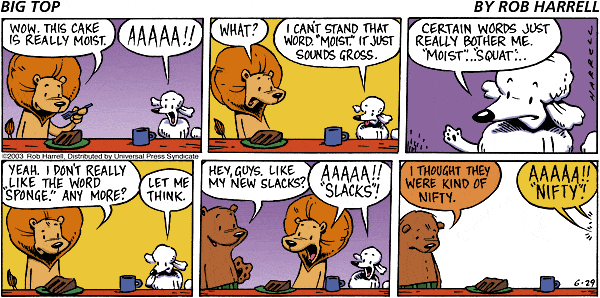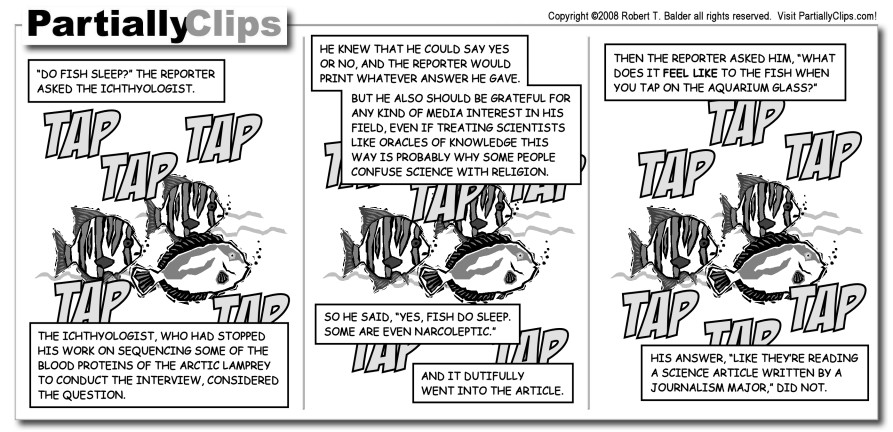LPGA language policy is a double bogey
This just in (well, a couple of days ago): the Ladies Professional Golf Association (LPGA) "has warned its members that they must become conversant in English by 2009 or face suspension". According to the NYT article, this policy is "believed to be the only such policy in a major sport". Three other North America-based major sports organizations (Major League Baseball, the National Hockey League, and the National Basketball Association) have no such policy: "Given the diverse nature of our sport, we don't require that players speak English," says MLB; "This is not something we have contemplated," says the NBA.
Many of the comments on the article are crying foul, claiming discrimination, xenophobia, racism, ethnocentrism, whathaveyou. The common denominator of all of these evils, ignorance, is almost certainly at play in the decision to adopt this policy as opposed to other ways to get what the LPGA claims to be aiming for with the policy: more sponsorship opportunities. Unlike larger, better-established sports organizations like MLB, the NHL, and the NBA, the LPGA "is a group of individual players from diverse backgrounds whose success as an organization depends on its ability to attract sponsorships from companies looking to use the tour for corporate entertainment and advertisement." The geniuses at the LPGA appear to think that the money will flow a lot better if only their excellent South Korean players can answer post-game interview questions in English.
Read the rest of this entry »

